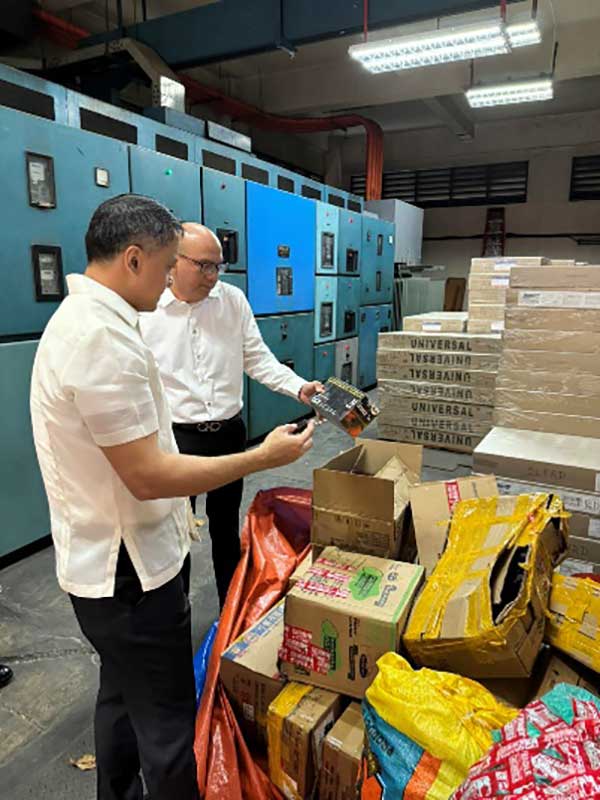In an ongoing crackdown on tax evasion within the vaping industry, the Bureau of Internal Revenue (BIR) has made significant strides, confiscating over 63,000 vape products from three warehouses located in Manila and Rizal.
The operations conducted on March 27, 2024, have resulted in an estimated tax liability of P151.1 million, highlighting a serious and ongoing issue of non-compliance within the sector.
Commissioner Romeo D. Lumagui Jr. emphasized the BIR’s supportive stance towards businesses that comply with tax laws.
“Register your vape businesses and we will help you. Pay the proper excise taxes on your vape products and we will help you,” he said.
He highlighted that the raids are a direct consequence of the failure to register and remit the appropriate excise taxes.
The enforcement of excise taxes on goods like vape products has been a priority for the BIR. This latest raid is part of a larger movement by the bureau to combat tax evasion.
In February 2024, the BIR secured a win against Tap Fog, a distributor of illicit vape products, involving a P1.2 billion tax evasion case. Additionally, on March 11, 2024, another large haul of 102,900 bottles of Flava vape products was seized in a Laguna warehouse.
The individuals associated with the raided warehouses in Manila and Rizal will be facing an array of criminal and civil charges under various sections of the National Internal Revenue Code, which cover offenses related to VAT on sales, excise tax on domestic and imported products, and unlawful possession of excisable goods.
Lumagui conveyed a clear message to the vape selling community, “Kailangan lang mag-register at mag-bayad ng tamang buwis para hindi masama ang inyong mga tindahan ng vape sa mga kasunod na raid ng BIR.” The BIR assures that it is there to assist and guide merchants interested in entering the vape market.
The BIR’s actions underscore the government’s commitment to ensuring fiscal responsibility and legality within the vaping industry. By highlighting the consequences of non-compliance, they aim to foster a market environment that operates within the bounds of the law, contributing to the national economy’s health and stability.
























